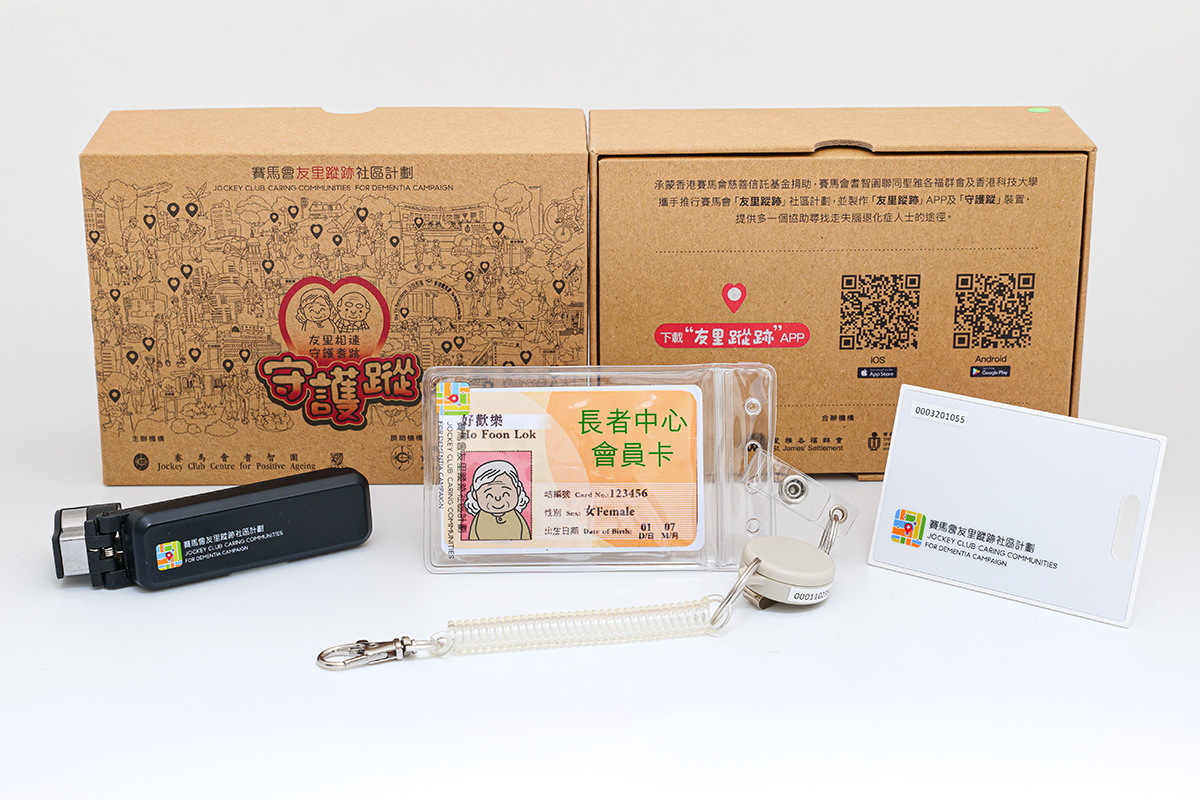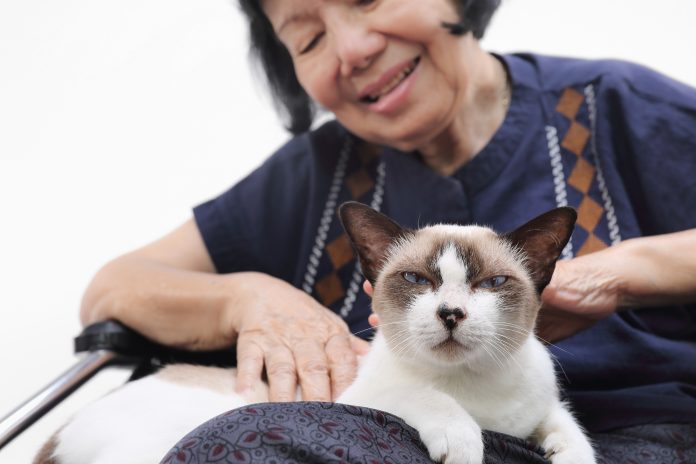Timothy Kwok, Director, Jockey Club Centre for Positive Ageing, explores how technology can help track people with dementia who get lost
Getting lost is one of the major issues that affect the quality of life of community-dwelling people with dementia and their caregivers. Getting lost is associated with walking, which worsens along with the progression of dementia.(1)
Deficit in short-term memory and orientation, lifestyle and habits of people with dementia before onset (such as being used to leave home to work in the morning before onset), anxiety caused by the surrounding environment such as noise, boredom, side effects of medication, behavioural and psychological symptoms of dementia, to name a few, may contribute to walking, thus increasing the incidence of getting lost.
As a consequence, family caregivers may implement non-person-centred care countermeasures such as locking the people with dementia at home to prevent getting lost episodes. Such countermeasures may trigger agitation of the people with dementia(1) and may induce other dangers such as that the people with dementia may climb out of windows; in addition, the caregiving anxiety and burden induced from the fear of getting lost may result in premature institutionalisation.(2)

Tracking devices
According to a recent online survey(3) to 576 caregivers of people with dementia, the prevalence of getting lost of community-dwelling people with dementia was 32.3%, which was comparable with the prevalence a decade ago (27.5%)(4), indicating that the issue of getting lost is not eased over the past decade. An increasing trend of seeking help from neighbours and security guards in the residential buildings was observed, in addition, caregivers started to use GPS or tracking device to search the lost care recipients or seek help on SNS platform. Around half of the missing care recipients could be found within one hour, and they were mainly found in the buildings they got lost or in the nearby streets.
After the missing episodes, 84.5% of caregivers felt worried about the future getting lost. 41.4% of caregivers would restrict the care recipients from going out, 28.5% would lock the doors to prevent the care recipients from going out, 7.0% of caregivers sent the care recipients to old age homes. Fortunately, it was observed that the caregivers would also provide mobile phones (33.9%) or tracking devices (28.5%) to the care recipients to aid communication and potential searching, and ask the security guards to help to monitor the whereabouts of the care recipients (32.8%). 60.2% of caregivers expressed interest in tracking devices to aid the prevention of getting lost, indicating caregivers’ growing awareness in using technology rather than non-person-centred countermeasures to prevent getting lost.
iPhones
There are a number of existing tracking devices using GPS and or WiFi for location. Apart from the costs and the necessity to charge the device regularly, the most important challenge is how to ensure that the person with dementia will carry the device on going out. Thanks to the donation from The Hong Kong Jockey Club Charities Trust, Jockey Club Centre for Positing Ageing (JCCPA) collaborates with The Hong Kong University of Science and Technology (HKUST) to develop a tracking device using blue tooth and the crowdsourcing machine learning technology. The blue tooth device is coin-sized, light and battery-saving (lasting one year). We have made it into a card that can be fitted into the wallet or attached it onto a walking stick.

When the person is out in the street, the blue tooth signals from the device can be detected by an iPhone or a small detector box installed in fixed locations within 50 metres or so. Through the GPS signals from the iPhones or the detector boxes, our cloud-based programme will be able to estimate the location of the person. This programme is potentially low costs and effective. But its efficacy relies on the active participation of the citizens and companies of Hong Kong. That is the reason why JCCPA and St James Settlement have launched the “Jockey Club Caring Communities for Dementia Campaign” to encourage neighbours and citizens to act as “dementia angels” to share their location data in their iPhones to help with searching, and big corporations to install the blue tooth signal detector boxes. It is hoped that this campaign will help to prevent older people with dementia from getting lost and to promote dementia friendliness in Hong Kong.
Reference
1. Ravdin LD, Katzen HL. Handbook on the Neuropsychology of Aging and Dementia. Springer International Publishing; 2019.
2. Waite J, Harwood R, Morton I, Connelly D. Dementia Care:
A Practical Manual. Oxford, UNITED KINGDOM: Oxford University Press, Incorporated; 2008.
3. Kwok T, Wong B, Cheng T, Ho F. Getting lost of people with dementia in the community: an online survey. Jockey Club Centre for Positive Ageing;2021.
4. Kwok TC, Yuen KS, Ho FK, Chan W. Getting lost in the community: a phone survey on the community‐dwelling demented people in Hong Kong. International journal of geriatric psychiatry. 2010;25(4):427-432.
Please note: This is a commercial profile
© 2019. This work is licensed under CC-BY-NC-ND.











